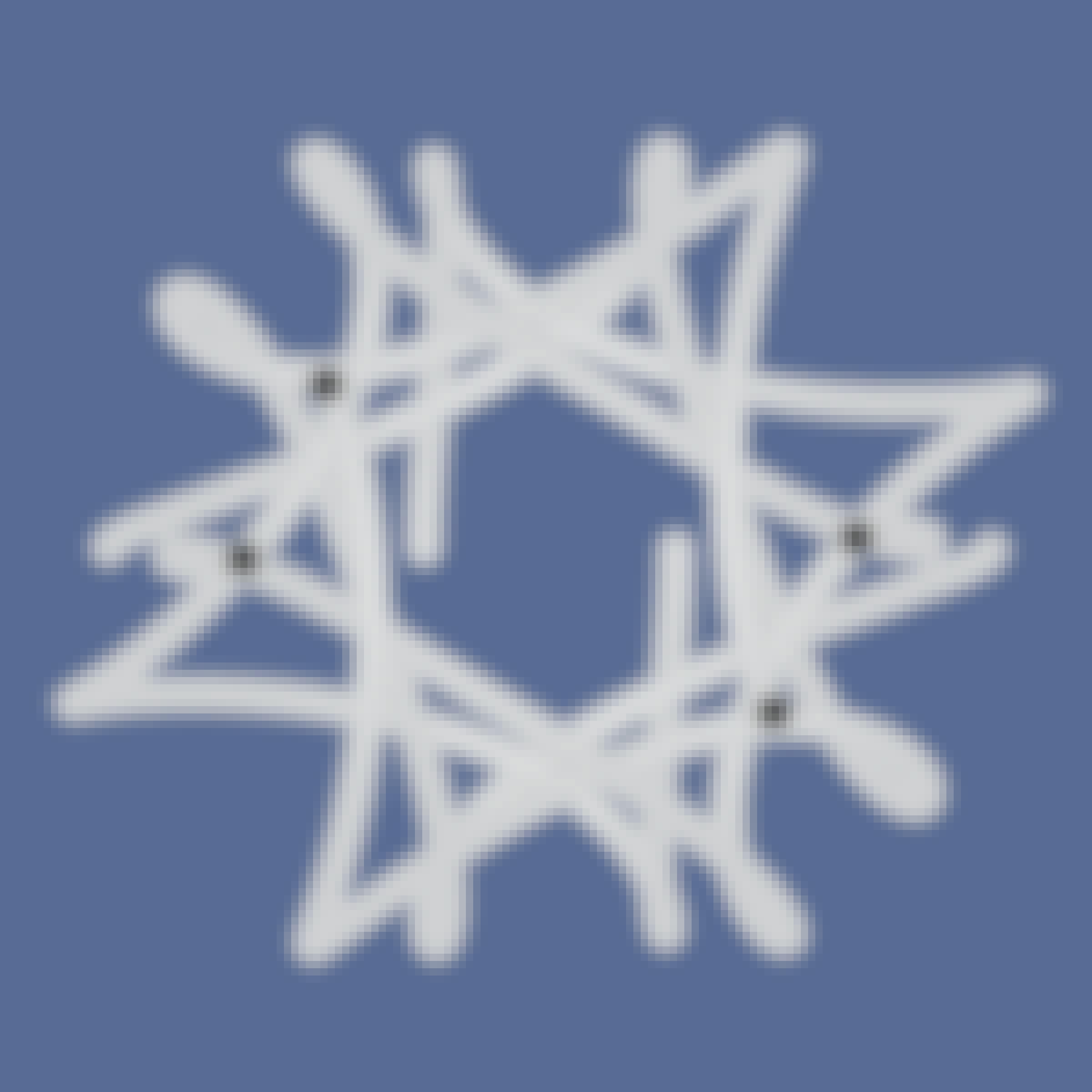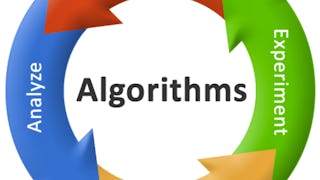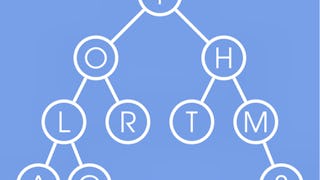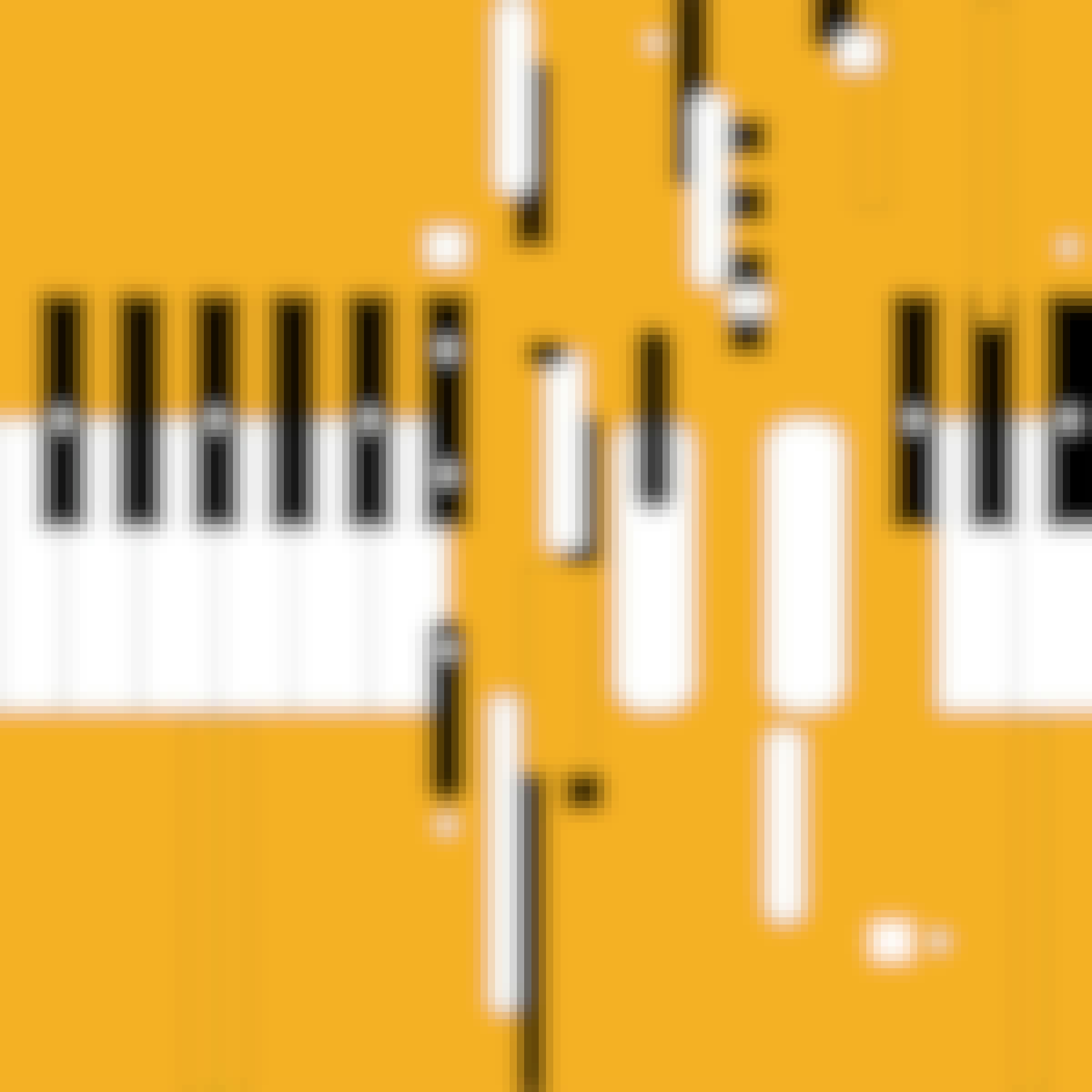Filter by
SubjectRequired
LanguageRequired
The language used throughout the course, in both instruction and assessments.
Learning ProductRequired
LevelRequired
DurationRequired
SkillsRequired
SubtitlesRequired
EducatorRequired
Explore the Theory of Computation Course Catalog
 Status: Free
Status: FreePrinceton University
Skills you'll gain: Theoretical Computer Science, Data Structures, Computer Science, Computer Architecture, Computer Systems, Algorithms, Programming Principles, Computational Logic, Computer Hardware, Java

University of Colorado Boulder
Skills you'll gain: Theoretical Computer Science, Algorithms, Data Structures, Graph Theory, Operations Research, Public Key Cryptography Standards (PKCS), Computational Logic, Cryptography, Computational Thinking, Pseudocode, Design Strategies, Combinatorics, Programming Principles, Computer Programming, Computer Science, Encryption, Network Model, Linear Algebra, Analysis, Mathematical Modeling
 Status: Free
Status: FreeStanford University
Skills you'll gain: Physics, Timelines, Scientific Methods, Research, Experimentation, Mechanics, Mathematical Modeling

Stanford University
Skills you'll gain: Data Structures, Graph Theory, Algorithms, Bioinformatics, Theoretical Computer Science, Computational Thinking, Network Analysis, Network Routing, Mathematical Theory & Analysis, Analysis, Probability, Design Strategies, Computer Science

University of Pennsylvania
Skills you'll gain: Computational Thinking, Algorithms, Pseudocode, Analytical Skills, Computer Science, Python Programming, Data Structures, Computer Hardware, Computer Programming, Analysis, Computer Architecture, Debugging

University of California San Diego
Skills you'll gain: Data Structures, Graph Theory, Algorithms, Debugging, Network Model, Bioinformatics, Advanced Mathematics, Operations Research, Data Storage, Development Testing, Software Testing, Theoretical Computer Science, Computational Thinking, Network Analysis, Programming Principles, Network Routing, Epidemiology, Computer Programming, C++ (Programming Language), Infectious Diseases
 Status: Free
Status: FreeUniversity of Amsterdam
Skills you'll gain: Sociology, Social Sciences, Socioeconomics, Culture, Political Sciences, Economics, Qualitative Research, Trend Analysis
 Status: Free
Status: FreeCalifornia Institute of the Arts
Skills you'll gain: Aesthetics, Storytelling, Creativity
 Status: Free
Status: FreeStanford University
Skills you'll gain: Game Theory, Bidding, Economics, Policy, and Social Studies, Social Sciences, Economics, Behavioral Economics, Advanced Mathematics

Multiple educators
Skills you'll gain: Unsupervised Learning, Supervised Learning, Artificial Intelligence and Machine Learning (AI/ML), Classification And Regression Tree (CART), Machine Learning Algorithms, Machine Learning, Jupyter, Applied Machine Learning, Data Ethics, Decision Tree Learning, Tensorflow, Scikit Learn (Machine Learning Library), NumPy, Predictive Modeling, Deep Learning, Artificial Intelligence, Reinforcement Learning, Random Forest Algorithm, Feature Engineering, Python Programming
 Status: New AI skills
Status: New AI skillsGoogle
Skills you'll gain: Network Security, Incident Response, Computer Security Incident Management, Hardening, Stakeholder Communications, Intrusion Detection and Prevention, Security Management, Threat Management, Cybersecurity, Network Protocols, Network Architecture, Event Monitoring, Cyber Risk, TCP/IP, Threat Detection, Operating Systems, File Systems, Security Controls, Debugging, Python Programming
 Status: Free
Status: FreeYale University
Skills you'll gain: Psychology, Psychiatry, Mental Health, Human Development, Human Learning, Social Sciences, Psychotherapy, Behavioral Health, Sociology, Creativity, Non-Verbal Communication
In summary, here are 10 of our most popular theory of computation courses
- Computer Science: Algorithms, Theory, and Machines: Princeton University
- Foundations of Data Structures and Algorithms: University of Colorado Boulder
- Understanding Einstein: The Special Theory of Relativity: Stanford University
- Algorithms: Stanford University
- Computational Thinking for Problem Solving: University of Pennsylvania
- Data Structures and Algorithms: University of California San Diego
- Classical Sociological Theory : University of Amsterdam
- Approaching Music Theory: Melodic Forms and Simple Harmony: California Institute of the Arts
- Game Theory II: Advanced Applications: Stanford University
- Machine Learning: DeepLearning.AI










